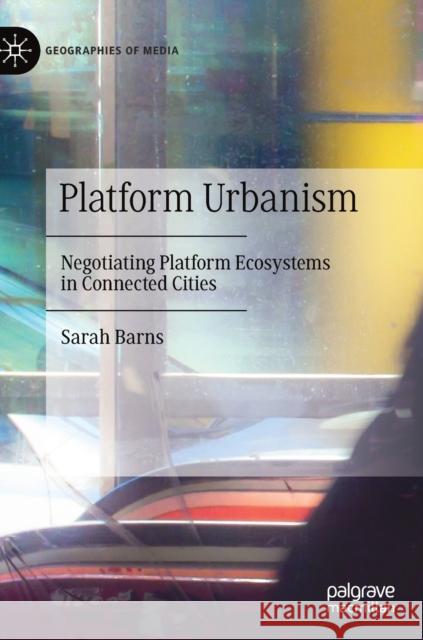Platform Urbanism: Negotiating Platform Ecosystems in Connected Cities » książka
topmenu
Platform Urbanism: Negotiating Platform Ecosystems in Connected Cities
ISBN-13: 9789813297241 / Angielski / Twarda / 2020 / 232 str.
Platform Urbanism: Negotiating Platform Ecosystems in Connected Cities
ISBN-13: 9789813297241 / Angielski / Twarda / 2020 / 232 str.
cena 342,14
(netto: 325,85 VAT: 5%)
Najniższa cena z 30 dni: 327,68
(netto: 325,85 VAT: 5%)
Najniższa cena z 30 dni: 327,68
Termin realizacji zamówienia:
ok. 22 dni roboczych.
ok. 22 dni roboczych.
Darmowa dostawa!
Kategorie BISAC:
Wydawca:
Palgrave MacMillan
Seria wydawnicza:
Język:
Angielski
ISBN-13:
9789813297241
Rok wydania:
2020
Wydanie:
2020
Numer serii:
000796079
Ilość stron:
232
Waga:
0.45 kg
Wymiary:
21.01 x 14.81 x 1.6
Oprawa:
Twarda
Wolumenów:
01
Dodatkowe informacje:
Wydanie ilustrowane











